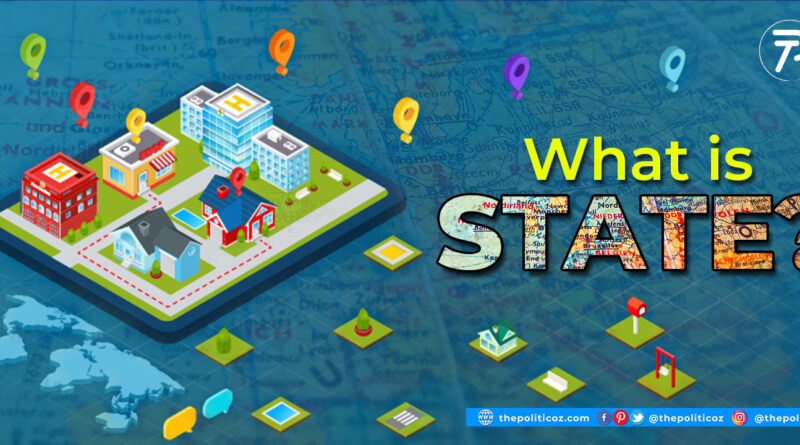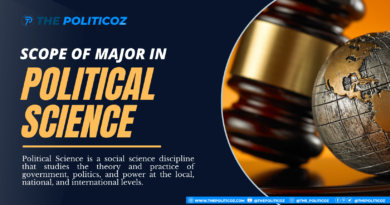What is the State?
What is state?
Introduction:
The query, ‘What is State?’ does not employ here to its literal meaning. Instead, it amplifies the historical development and evolution of the State. Moreover, it also explores the modern and contemporary position of the State. To answer the question mentioned above, it is necessary to examine its nature and amiability first. A philosopher named Maclver writes, “Origins are always obscure.” The same is the case for the origin of the State, for there are various theories regarding the emergence of the ancient State. Besides, the process through which the State emerged and evolved differs from the geographical positions of the world. Infect, the discoveries and inventions of archaeology, anthropology, proto-history and other social sciences have generally defined four types or stages of the State. Such as the stateless societies of primitive times, enslaved people, and feudal systems. Finally, after the birth of the industrial revolution, we have modern national Capitalist, Socialist, Democratic or Monarchical forms of states.
The stateless societies of primitive times:
Generally, this age refers to the Matriarchal or Patriarchal societies where the people lived with families having wives, children and dependents or enslaved people. Their prime goal was to control sex, family and property relations. Furthermore, when people began to quarrel over the fulfillment of these needs, there arose the necessity of social control or power. Therefore, families collectively formed clans and were mixed under a head or chief of the tribe. Thus, the problems arose as a result of property and family matters which transformed their social control of the tribe into the use of political power. Before this, they had no concept or presence of political power or authority, and now after these problems, they practically found armed forces to protect their tribesmen. The first leader or king arose because the person who defended and fought for his tribe was considered the most powerful and leading figure. There emerged the first-ever kingdom of the world.
Slave System:
Having formed tribal kingdoms, people now began to live in city-like areas. The Greek city-states existed in this era. The mighty kings started subjugating the weaker tribes and enslaved indigenous people of these cities. This was the beginning of the formation of empires.
Feudal System:
It was now the medieval period that agricultural production was at its peak. Human beings, till this time, had seen the worst attacks of kings and military leaders. People were now divided into two classes; one was those who possessed large areas of land (kings and barons), and others had no possessions but lived their lives at the mercy of these feudal lords. Those who possessed the land also included the political power over the laws of production, distribution and consumption of everything that the serfs (the formers) produced.
National states:
During the eighteenth century, the industrial revolution drastically changed the use of political power. At this time, there arose two main parts of society; one was those who had a large amount of money, and with that much income, they were also the masters of all industrial sectors, for the other faction of society was the poor or working class who lived their life by selling their labor. Thus, they earned as much income, which was hardly enough for their subsistence. On the other hand, the people who possessed great affluence also had power over the ways of labor. This means they were also the ones who possessed political power. It is because they were the predecessors of feudal lords.
At the time of the industrial revolution, only those people survived who kept large sums of money, which they earned from the early labor of serfs who had a large area of fiefs. Till this time, capitalists were born who supported private property and the free market system; in their opposition arose the communists labeling the capitalists as the bourgeoisie and the workers as the proletariat.
Moreover, the kingdoms of ancient times have now appeared to be the followers of the constitutional monarchy.
Conclusion:
Like the origin of the State, its future form also seems to be oblivion. In modern times, the shapes and types of states have taken a very long journey and variation. Some states are democratic, while others are socialist or communist, and still, we have monarchial forms of states. Thus, it isn’t easy to judge the future structure of the State in this situation. Each State has its future policies. Some are trying to step back to primitive times, as do the communists, who wish to abolish private property and form a stateless society with social, communal societies of early ages.
Hussain Ali Chandio | Former student of BS Political Science


